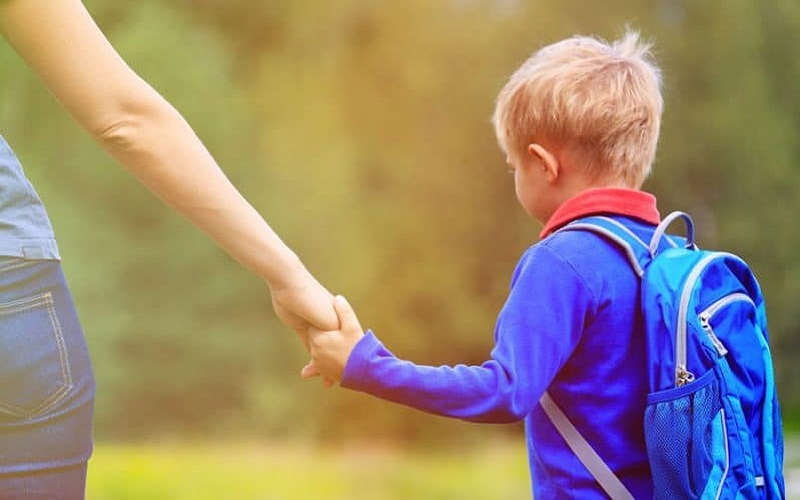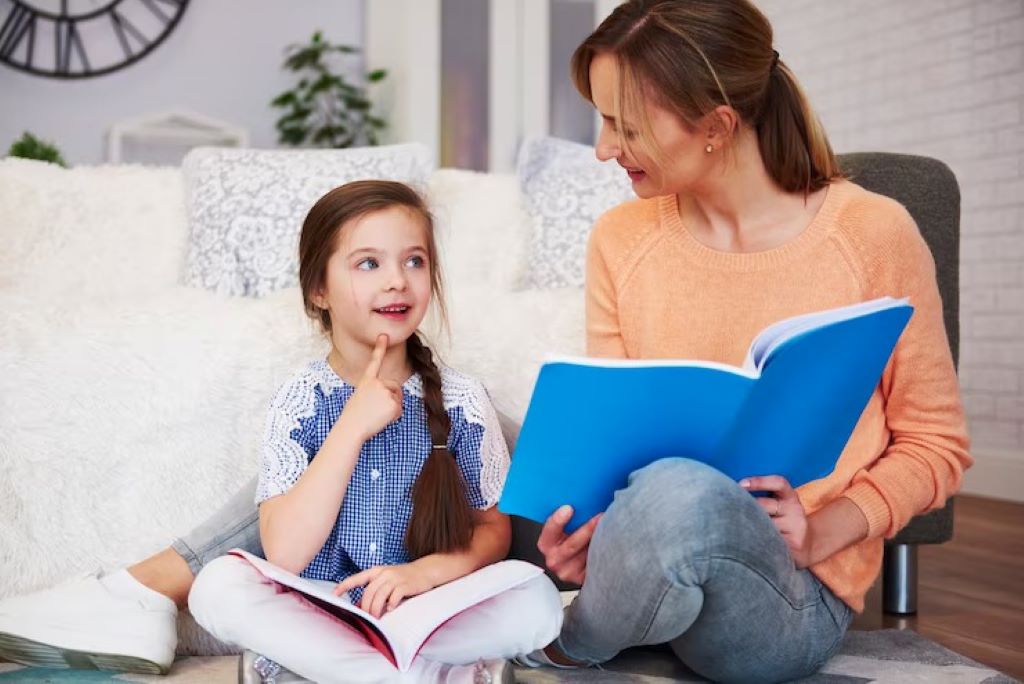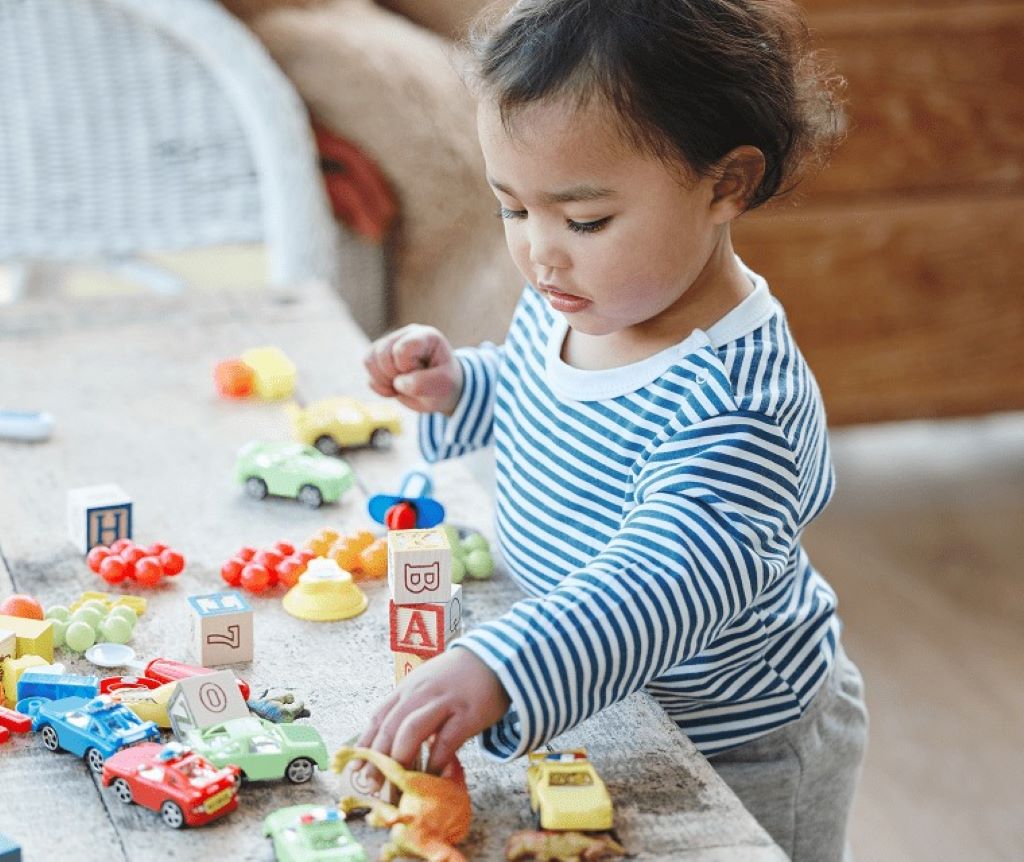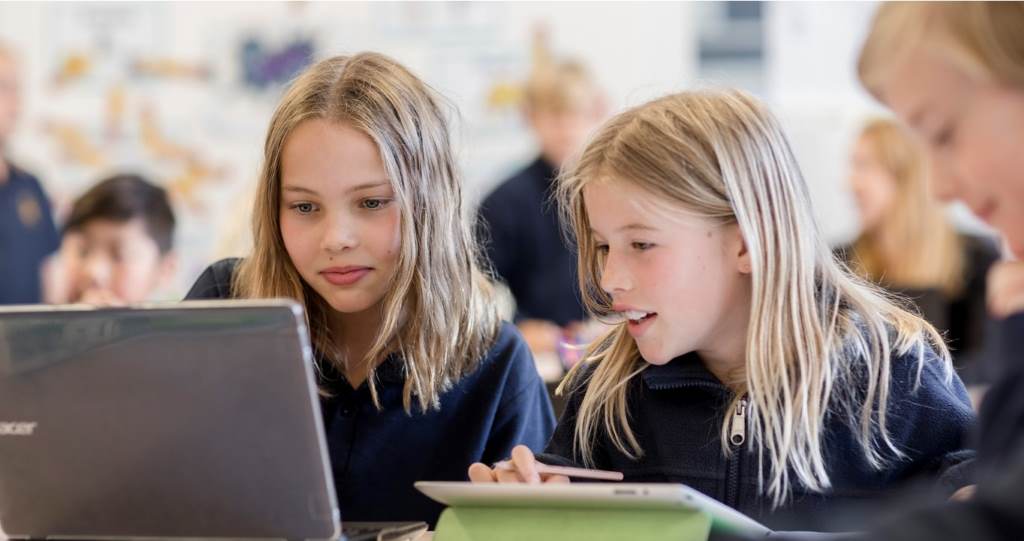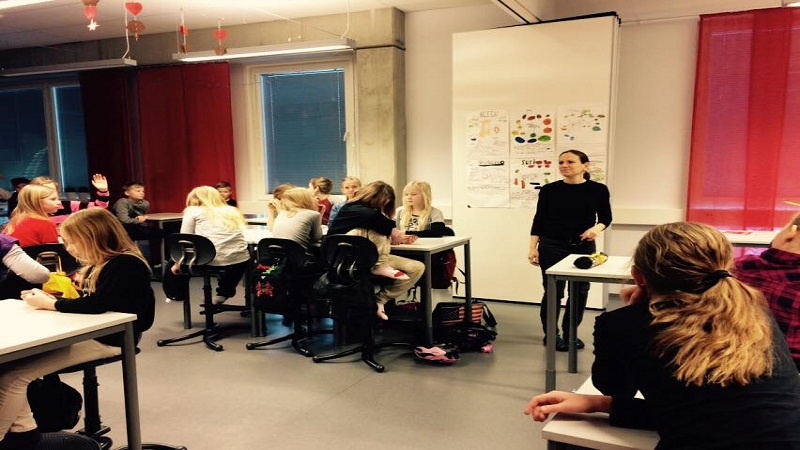Adapting prepare your child for preschool can be difficult for any child, even for those who attended day care for a while. The ideas and activities you will find below can help you make the transition easier.
The important thing is that all the activities you do to prepare your child for preschool. It is crucial that your child does not feel that each activity is a learning lesson, and that each trip is an educational field trip.
These ideas, which come from preschool teachers and the Learning Partners program of the United States Department of Education, will help you prepare your child to listen, follow instructions and work as a team. Those are three important goals of any child for preschool program.
Plan more social activities
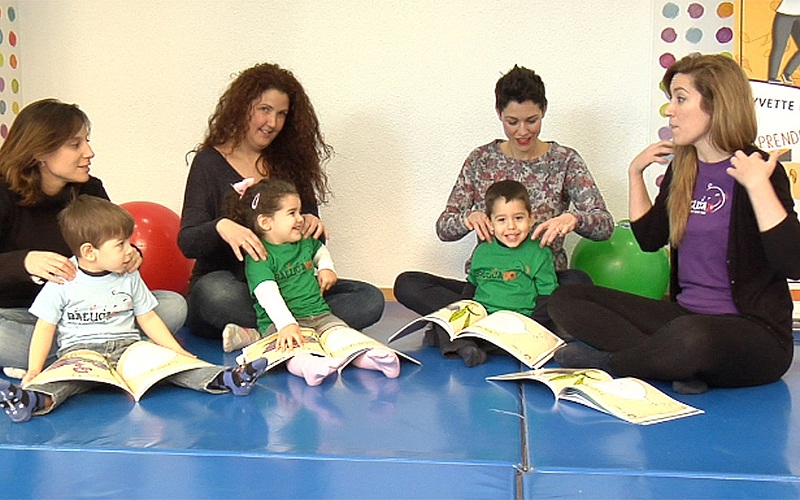
All children who attend preschool have to get along with other children. If your child has not spent a lot of time living in a group with other children, it is very likely that certain activities will be very difficult. These include sharing, waiting for your turn and playing collaboratively.
You can help your child get used to feeling that he is part of a group. One option for this is to meet other moms whose children are more or less the same age as yours, so that the little ones play. They can meet in a park or in one of their homes. Another alternative is to enroll him in an art, music or dance class.
Try to get an idea of what awaits you

It is rare that a child who is going to start preschool does not feel even a little nervous. It is recommended that you resist the temptation to say things like “It will be the funniest day you ever imagined” or “There is no need to be afraid”. And it’s also essential that you never underestimate your child’s fears or concerns. Instead, help him calm his nerves by giving him information and details about his new school.
Talk to him about what will happen when he arrives at school. For example, you can tell him where his classroom is located, what activities he will do in his class and who his classmates will be. Before school starts, visit the classroom together at least once, preferably when other children and their future teacher are there.
A ritual to say goodbye
If this is the first time your child will be separated from you, perhaps you are anxious because you are worried that you will not return, or that you will get lost and not know how to return to school to pick it up when the classes are over.
Make up a special ritual that both of you do each time you leave at school. You can, for example, sing a short song or hit it with your hands.
During the first few days, try to have a little extra time to prepare everything (your lunch, for example) and enlist the child. The more serene things are at home, the easier the separation will be.
And even if you’re tempted to leave school without saying goodbye, do not do it. That will make your child even more dismayed when he realizes you are not. It is better to say goodbye to him. Also try not to make very long farewells, since that will be more difficult for both. Say goodbye in a relaxed manner and with a confident tone, and he will learn to do the same.
Read to your child for preschool every day

Most schools have at least a period of time to read every day. If you allocate at least 15 minutes a day to read with your child , this will become a family ritual when school starts. Children who have not been exposed to books usually have difficulty reading in the future.
Because preschoolers usually can not read on their own, it is crucial that they learn to listen. Reading out loud to your child is a great way to build your listening skills. Children pay special attention to stories with rhythm, so look for books that repeat phrases.
When your child begins to remember phrases, ask him to read with you. For example, if you read Dr. Seuss’s Green Eggs with Ham book, after the question Do you like green eggs with ham?, Let your child say what follows, No, I do not like anything.
Your child will also learn to predict the end of a story in preschool, and you can help him with this task. When you read a book, stop halfway and ask what is next or how you think the story will end.
Practice the ability to listen

Child for preschool teachers often ask children to sit still and listen. An exercise to help your child be prepared for this request is to ask him to sit silently and close his eyes. Then ask him to describe all the different sounds he hears. Talk about what causes these sounds and where they come from.
In the preschool, children also learn to listen and follow instructions that include more than one step. You can start by asking your child to do a series of things, such as taking their shoes to their room and putting them in the closet. Or, go to the bathroom and wash your hands, and then go back to the kitchen to help you carry the napkins to the table.
You can also play games that require your child to listen to instructions, solve problems and wait for their turn. A fun activity is playing the detective as they walk through the neighborhood. Give clues to your child about something you observe. You can say “I see something very, very loud.” Your child has to ask you questions about the object until you guess what it is ( a tree!).
Nourishes the budding artist
Creating art helps children develop their visual and fine motor skills, which they need to write. Try to have on hand paint, crayons and other materials to motivate your child to create what he wants. Doing simple mazes or creating drawings connecting points will also help your child for preschool develop early skills that will help him learn to write.

